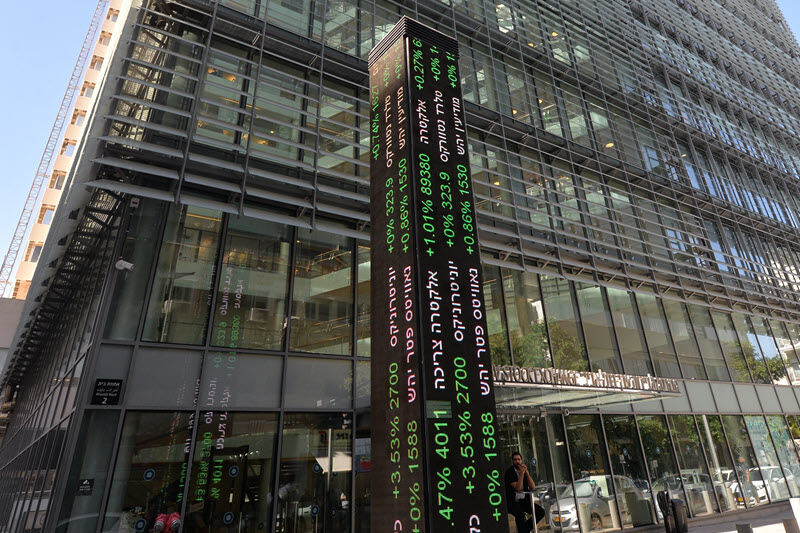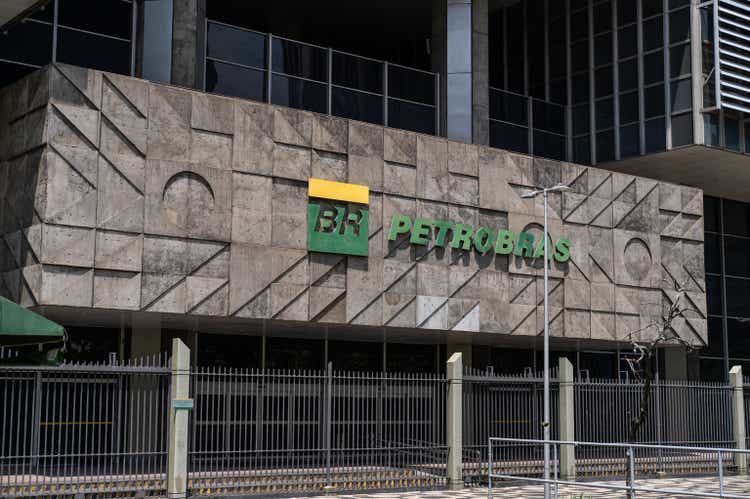India responded by saying that FATF scrutiny had forced Pakistan to take some action against well-known terrorists, including those involved in attacks against the entire international community in Mumbai on 26/11. “It is in global interest that the world remains clear that Pakistan must continue to take credible, verifiable, irreversible and sustained action against terrorism and terrorist financing emanating from territories under its control,” said foreign ministry spokesperson Arindam Bagchi, while noting that Pakistan will continue to work with the Asia-Pacific Group on Money Laundering (APG) to further improve its anti-money laundering /counter terror financing system.
Announcing the decision after the plenary meeting in Paris, FATF chief T Raja Kumar welcomed Pakistan’s “significant progress” in improving its anti-money laundering/ combating of financing of terrorism (AML/CFT) regime and the “high-level commitment” by the Pakistan leadership to the ongoing reforms for checking money laundering and terrorism financing. He said an inspection team visited Pakistan and it had returned satisfied. The agency had in June this year agreed to an onsite evaluation in a sign that it was considering removing Pakistan from the grey list. Pakistan had been on the FATF grey list since June 2018.
“Pakistan has strengthened the effectiveness of its AML/CFT regime and addressed technical deficiencies to meet the commitments of its action plans regarding strategic deficiencies that the FATF identified in June 2018 and June 2021, the latter of which was completed in advance of the deadlines, encompassing 34 action items in total. Pakistan is, therefore, no longer subject to the FATF’s increased monitoring process,” said the agency, adding though that there is still work to be done and that Pakistan will continue to report to the agency about follow-up action.
For India though, the presence of UN-proscribed terror groups and its leaders in Pakistan remains a major concern.
















